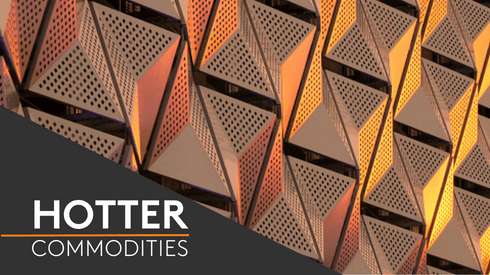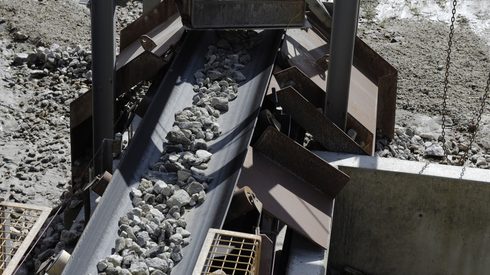Fastmarkets’ benchmark alumina index, fob Australia stood at $301.61 per tonne on August 19, little changed from the Wednesday’s calculation. The index has been at around $300 per tonne since July 23 due to a low liquidity in the spot market.
“We will wait until the port congestion eases and then see if it is necessary to book some seaborne cargoes. [It is] too high a risk to buy now with long queues at alumina import ports,” a Chinese aluminium smelter told Fastmarkets.
Sources said the major reason for the port congestion was that many cargoes had arrived in recent months that went beyond the ports’ carrying capacity and a delays in unloading caused by the 14-21-day quarantine period required for workers after unloading each vessel.
China imported 274,888 tonnes of alumina in June 2021, up by 89.3% compared with May. And market participants said they would have expected around 350,000 tonnes to arrive in July and August – although official data is not yet available.
The waiting time that a single vessel carrying alumina has to queue can be five-to-seven days at Bayuquan port, sources said, and this could be extended to 10 days depending on the weather.
“And [even then] you might still need to wait 14-21 days for the workers to quarantine after unloading the previous cargo due to the latest port pandemic control policy,” a domestic alumina trader said.
The demurrage charge could be $30,000-35,000 per day for a regular handy-size ship of alumina, sources said.
“Ship owners also face increased costs for breaching their next delivery contracts if they get stuck at the ports and cannot leave on time,” an international alumina producer source told Fastmarkets.
Freight costs from Western Australia to Chinese ports have recently risen to $56 per tonne for a handy-size vessel, up $6 per tonne from $50 per tonne two weeks ago, according to sources.
“I guess the Chinese alumina import business will stop for a while – or at least there will not be much buying interest before the middle of September” a second international alumina producer source said.
“The port congestion is still happening and I [do not expect to] see any improvement before then. And the exchange rate between the yuan and the dollar is also getting worse these days,” the producer source added.





